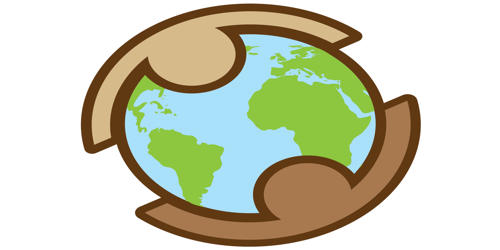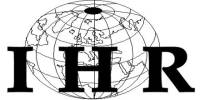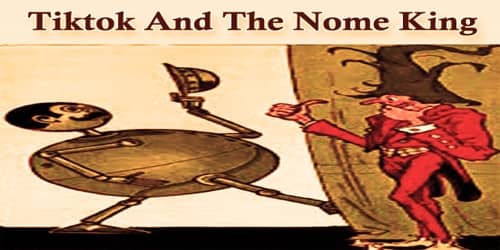Fair Trade is a way of buying and selling products that make certain that the people who produce the goods receive a fair price. It is an organized social movement and market-based approach that aims to help producers in developing countries obtain better trading conditions and promote sustainability. It is an arrangement designed to help producers in developing countries achieve sustainable and equitable trade relationships. It focuses in particular on exports from developing countries to developed countries, most notably handicrafts, coffee, cocoa, sugar, tea, bananas, honey, cotton, wine, fresh fruit, chocolate, and flowers. Members of the fair trade movement add the payment of higher prices to exporters, as well as improved social and environmental standards.
Fair Trade is when producers in developing countries are paid a fair price for their work, by companies in developed countries. It is an agreement between a producer and a seller that commodities bearing a trademark, label, or brand name belonging to the producer be sold at or above a specified price. The movement advocates the payment of a higher price to producers as well as social and environmental standards. The movement focuses in particular on commodities, or products that are typically exported from developing countries to developed countries but also used in domestic markets (e.g. Brazil, England, and Bangladesh) most notably handicrafts, coffee, cocoa, wine, sugar, fruit, flowers, and gold. The main aim of fair trade is poverty alleviation and the improvement of producers’ lives in poor and developing countries. It promotes sustainable development by offering better trading conditions to and securing the rights of, marginalized producers and workers in developing countries.
Key Principles –
- Trading practices are fair and not one-sided.
- Prices paid are fair and sufficient for producers and workers to earn more than enough to meet their day-to-day needs.
- Payments are often made in advance to ensure the supplier can fulfill orders.
- Safe working conditions, non-discrimination, and welfare of children.
Fair trade is grounded in three core beliefs; first, producers have the power to express unity with consumers. It ensures that producers receive prices that cover their average costs of sustainable production. Secondly, the world trade practices that currently exist promote the unequal distribution of wealth between nations. It facilitates long-term trading partnerships and enables greater producer control over the trading process. Lastly, buying products from producers in developing countries at a fair price is a more efficient way of promoting sustainable development than traditional charity and aid.
Specifically, fair trade is a trading partnership, based on dialogue, transparency, and respect, that seeks greater equity in international trade. A key part of the Fairtrade Labelling Organizations International (FLO) is to develop and review the Fairtrade standards. Fair trade organizations, backed by consumers, are engaged actively in supporting producers, awareness-raising, and in campaigning for changes in the rules and practice of conventional international trade. It is about better prices, decent working conditions, local sustainability, and fair terms of trade for farmers and workers in the developing world. There are several recognized fair trade certifiers, including Fairtrade International, IMO, Make Trade Fair, and Eco-Social.
















